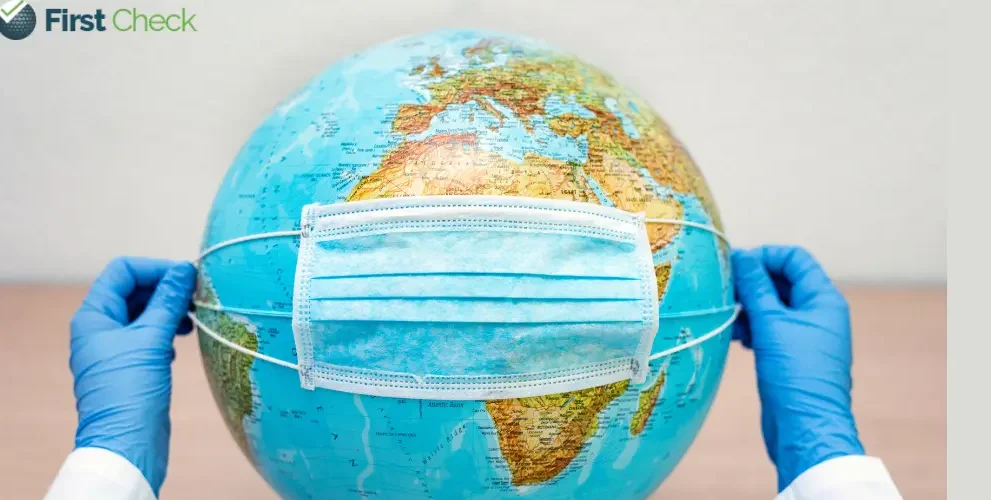Despite lessons that should have been learned during COVID-19, the world is unprepared for the next pandemic, be it an influenza virus, another coronavirus, or “Disease X.”
A new global pandemic treaty is in the works. The motive of the treaty is to prepare the world for the next pandemic, be it an influenza virus, another coronavirus, or “Disease X.” However, fake news and conspiracy theories are becoming barriers to reaching the agreement, which has May 2024 as its deadline.
While calling for agreement on a global pandemic treaty, the World Health Organization (WHO) Director General Tedros Adhanom Ghebreyesus said, earlier this month, a major barrier to reach out the agreement is the torrent of fake news, lies, and conspiracy theories about the pandemic agreement. Speaking at the Warwick Economics Summit, he called the agreement “mission critical for humanity”.
Conspiracy theories, on the other hand, claim that the agreement is a power grab by the WHO; that it will cede sovereignty to WHO and give it power to impose lockdowns or vaccine mandates on countries. Debunking the claim, the WHO chief said, “These claims are completely false. The agreement will give WHO no such powers”.
“WHO did not impose anything on anyone during the COVID-19 pandemic. Not lockdowns, not mask mandates, not vaccine mandates,” he said. “We don’t have the power to do that, we don’t want it, and we’re not trying to get it. These are decisions for governments, who are accountable to their people,” he reasoned.
“The agreement has been written by countries, for countries, and will be implemented in countries in accordance with their own national laws. In fact, WHO will not even be a party to the agreement. The parties are governments and governments alone. The agreement also includes a provision that will allow any party – any country – to withdraw from it at any time,” he informed.
The WHO’s job, he maintained, is to support governments with evidence-based guidance and advice so they can make the best decisions to protect the health of their people. “But the decisions are theirs,” he said.
The pandemic agreement is not a conspiracy, it’s a commitment; a commitment that governments are making on behalf of people to protect them and future generations. “And they are recognising that they can only do that by working with other countries. Because pathogens have no regard for the lines humans draw on maps, nor for the colour of our politics, the size of our economies or the strength of our military,” he noted.
The UN Charter, the Universal Declaration of Human Rights and the Geneva Conventions are all treaties in international law that have shaped the world. Likewise, nations have signed numerous treaties against human-made threats, like nuclear, chemical and biological weapons, tobacco, and climate change.
“So surely it makes sense for countries to agree on a common approach to a common threat that we did not fully create and cannot fully control – a threat that comes from our relationship with nature itself,” he concluded.
Read More : Tackling the Misinformation Pandemic in Health: Strategies for a Resilient Society


